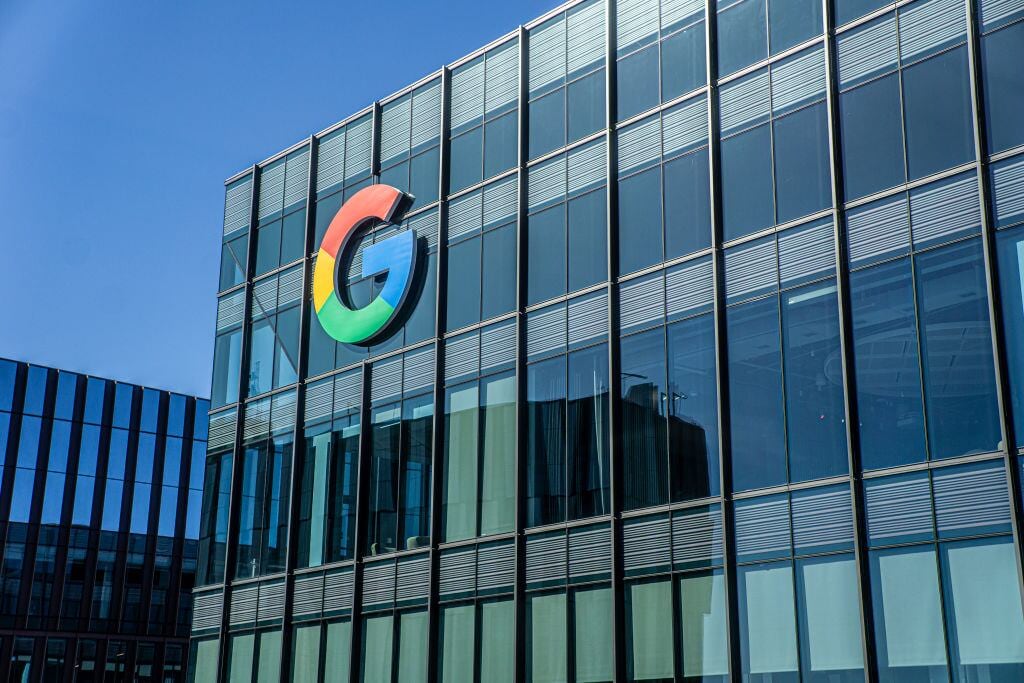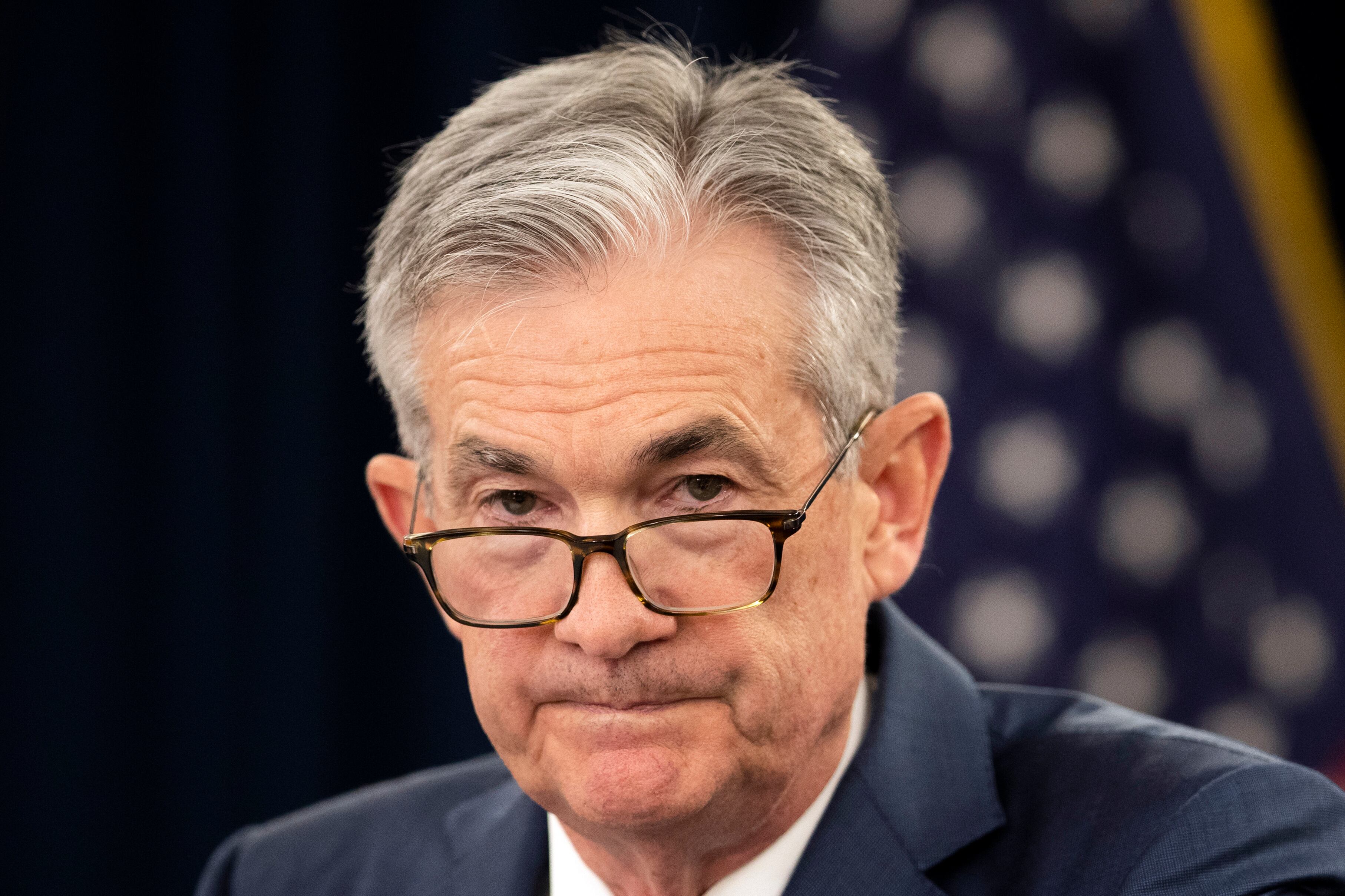The chief lobbying group for the U.S. oil and gas industry is launching an aggressive campaign against calls to ban fracking, even as it steps up efforts to repaint the fossil fuel industries as climate-friendly.
The American Petroleum Institute at its annual State of American Energy event Tuesday highlighted the economic and environmental benefits of hydraulic fracturing, which has unleashed an oil and gas boom and has transformed the U.S. into the world's top producer of the two fossil fuels.
"Fracking and horizontal drilling are technological marvels," API president and CEO Mike Sommers said in a call with reporters ahead of the State of Energy event in the nation's capital. "Thanks to fracking, our net energy imports have plummeted, and the U.S. today is a net exporter of natural gas and oil for the first time in 60 years."
He added: "I would take our environmental record and compare it to anyone."
The abundance of cheap natural gas has been instrumental in forcing heavily polluting coal-fired power plants out of U.S. markets. But while natural gas burns more cleanly than coal, the process of removing and transporting the fuel has come under intense scrutiny for its environmental and potential health impacts: methane, before it's burned and converted to carbon dioxide, is an especially potent greenhouse gas, and it leaks in huge quantities from well sites and, to a lesser extent, pipelines and storage tanks.
As a result, although gas may have once served as a so-called "bridge fuel" from coal to cleaner energy sources, environmental advocates and some Democratic lawmakers at the state and federal level now argue that gas — and the industry that produces it — is now standing in the way of further efforts to reduce U.S. emissions and address climate change, chiefly by fighting subsidies for electric vehicles and renewable resources such as wind and solar.
Notably, at least six of the Democratic candidates for president in 2020 have said that they would seek to ban fracking altogether. Maryland, Vermont, and Washington have imposed bans at the state level; New York, which sits atop part of the Marcellus Shale, a lucrative source of natural gas, has prohibited most types of fracking. Similar measures fell short in Georgia and Florida.
API is vigorously pushing back on these moves. Its event Tuesday featured not only the TV host Mike Rowe — of the show "Dirty Jobs" — but the heads of a major labor union, a manufacturing trade group, and a small business council.
"Cities are filled with elites who will put forward these bans, but it's really about the American consumer who wants to pay less for the energy while doing it in an environmentally responsible way," Sommers said. A nationwide fracking ban, he continued, would lead to "7.3 million jobs lost, a $900 billion spike in household energy costs, a manufacturing downturn, and less energy security."
The API president was far less specific, though, on the topic of climate change. While Sommers declared that "the size and scope of the climate challenge requires a global response," he repeatedly declined to state during the morning's press call whether the trade group supported any particular target for a nationwide emissions reduction, such as those implemented by 23 states and the District of Columbia. He also declined to take a position on a carbon tax proposal introduced in the House last year, or on specific regulations that might reduce so-called flaring, where gas producers burn off excess methane escaping from well sites or other infrastructure.
Instead, he said, the oil and gas industry would support "smart regulations" on methane emissions and efforts to implement equipment that captures methane emissions — although both were platforms of API's State of American Energy reports as early as 2013.
"One of the best things about natural gas is it's better for the environment than what it's replacing, which is still usually coal," Sommers said. "Second of all, it's the second least expensive option for American consumers. You'll pay a lot more for an electric stove than a natural-gas-based stove, and at the same is true for electric heating."













